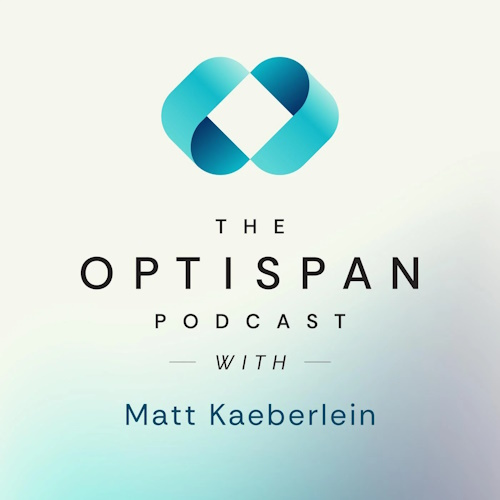Brain Repair: The Ketamine Combo Treatment for Depression and Chronic Pain
Matt and Jon Berner explored the potential of rapamycin and ketamine
Matt and psychiatrist Jon Berner discussed the therapeutic potential of rapamycin and ketamine for severe depression and chronic pain, focusing on their impact on microglia and brain inflammation. Jon, a psychiatrist in solo practice since 1997, specializes in brain disorders, mood disorders, and addiction, with experience in the Washington State prison system. He holds an M.D. and PhD from UCLA and a B.A. from Harvard.
Key Points:
Dr. Jon Berner explored the combined use of rapamycin and ketamine in treating severe depression and chronic pain by promoting brain repair through microglia modulation. He also highlighted the importance of AI integration and regulatory changes to drive medical progress.
- Rapamycin and Ketamine for Mental Health: Dr. Berner discussed the potential of rapamycin and ketamine for treating severe depression and chronic pain, with a focus on their ability to shift microglia, brain immune cells, from an inflammatory to a reparative state.
- Microglia’s Role in Brain Health: Microglia, crucial for tissue repair in the brain, undergo shifts between inflammatory (M1) and reparative (M2) states. Rapamycin and ketamine promote the M2 state, aiding in the repair of brain cells affected by damage or disease.
- Mitochondrial Dysfunction and Brain Inflammation: They explored how mitochondrial dysfunction in the brain contributes to chronic inflammation and neurodegenerative diseases, with studies showing the potential of rapamycin to alleviate this damage in mouse models.
- Case Studies and Ketamine’s Impact: Berner shared clinical examples where the combination of ketamine and rapamycin helped patients, including those with treatment-resistant depression and explosive rage, demonstrating long-term stability and reduced inflammation.
- Addiction and Brain Repair: The combination of these drugs is being considered for helping patients with opioid addiction, as they support brain recovery by rebalancing the inflammatory and reparative functions of microglia.
- Need for AI and Regulatory Reform: Dr. Berner emphasized the importance of AI collaboration to manage biological complexity in medicine and called for regulatory reform to speed up innovation in medical treatments.
Visit website: https://www.youtube.com/watch?v=9Z4Eg1dtyOc
See alsoDetails last updated 31-Oct-2024



